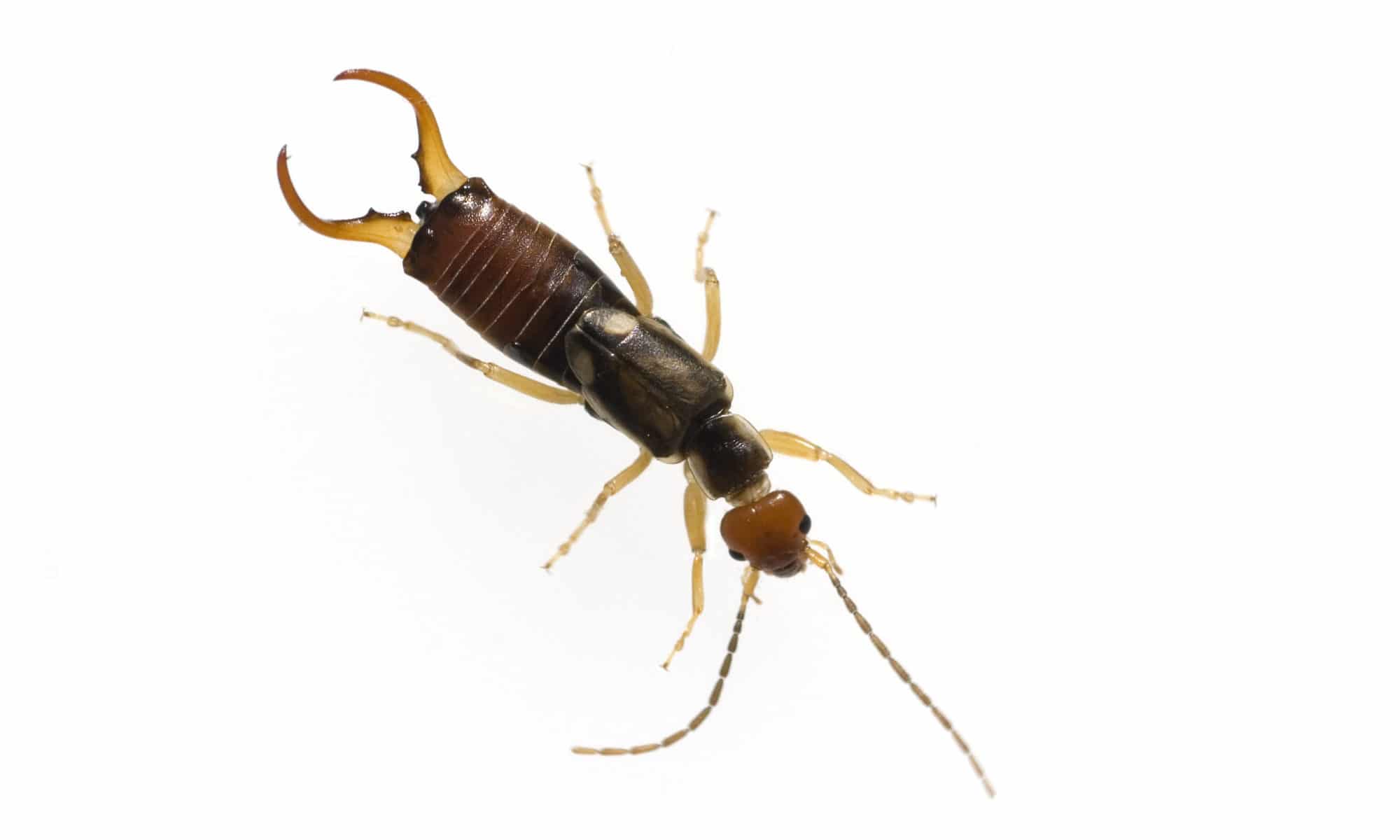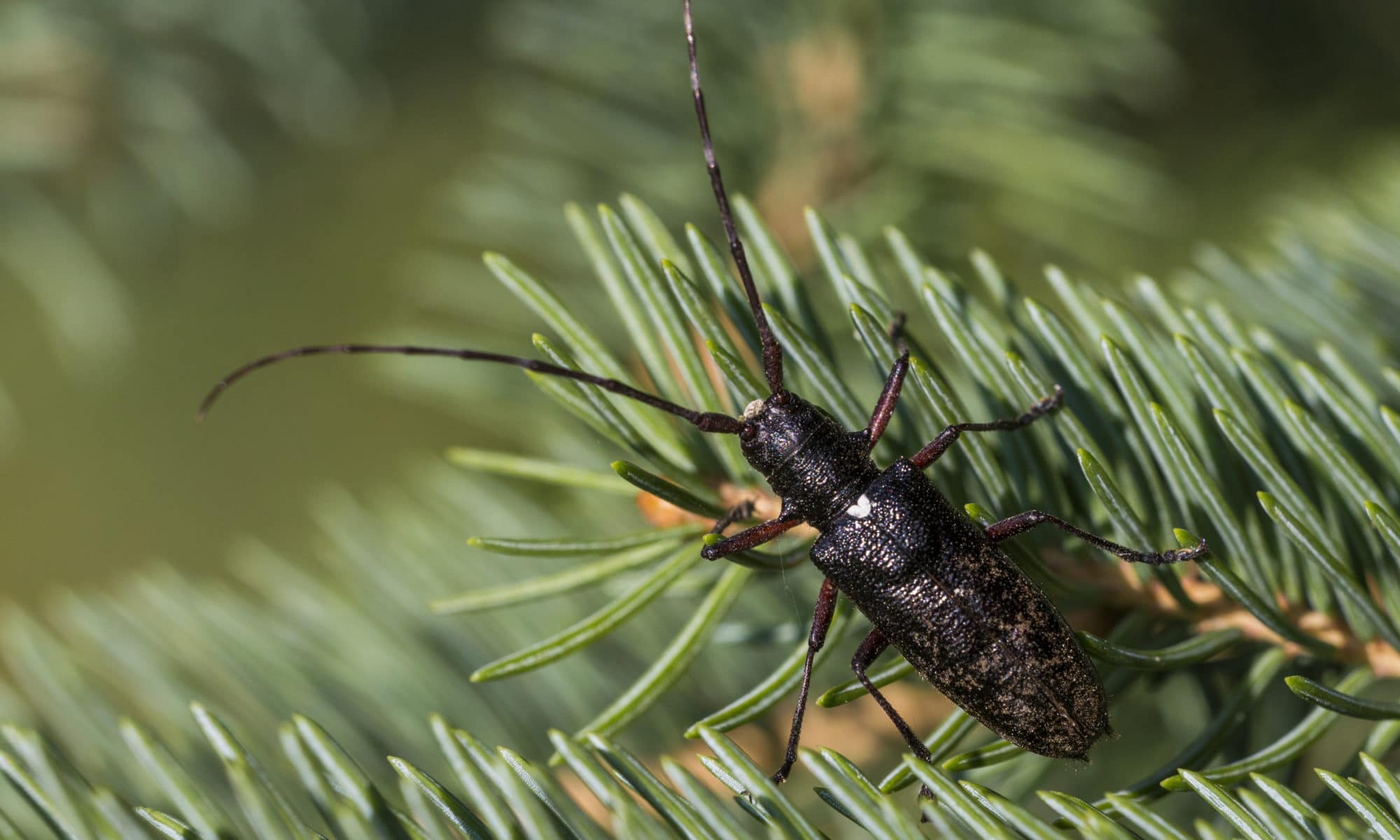
The earwig is an insect that gets its name from an old wife’s tale of crawling into people’s ears. However, these bugs are nothing to fear!
These insects are a common household pest, but they can cause damage if not handled properly.
Environmental Pest Management can help protect your home from unwanted pests, including the common earwig. Reach out for a free quote today.
Read on to learn about earwigs and how to prevent this common household and garden pest!
What Exactly is an Earwig?

An earwig is commonly referred to as the “pincer bug” or “pincher bug” because of the pincers on their abdomen’s back. Earwigs use the pincers for defense against other earwigs.
These are harmless insects with a negative reputation. Many people are frightened of them because of their pincers, but they do not harm humans.
Pincer bugs produce a pheromone (scent) that they use to attract others of their kind. Many scientists believe this is the reason earwigs live in clusters or large numbers.
They are an insect with multiple species. There are over 20 different earwig species in the United States.
They live on every continent of the world, except for Antarctica.
These insects are nocturnal. They prefer cool, damp areas and are outdoor insects.
They cannot fly, scurrying where they need to go on their six legs. By the end of their life cycle, they may be around ½ inch to 1 inch long.
These bugs are scavengers and look to protect their self-interests. They thrive on a healthy food supply and a safe, protective environment.
Earwigs love plant life, so they are known to wreak havoc in gardens.
Their common preferred foods include:
- Apricots
- Vegetables
- Plants
- Flowers
- Dead leaves
They are also known to feed on mites, insect eggs, and other dead insects. You can find them under rocks, woodpiles, or in piles of leaves.
They prefer the outdoors but can make their way inside via trash bags or through foundation cracks in the home.
Whether in the garden or through seeking shelter in your home, pincher bugs can be a nuisance.
How Can You Prevent Pincer Bugs?

There are a few steps you can take to prevent earwigs from getting into your home:
Fill All House Cracks and Holes
Be sure to check the foundation around your home, especially near entrances and doors. Caulk any cracks and holes as pincher bugs use small crevices to make an entrance.
Protect Your Windows
Always use a screen on your windows for protection. Make sure to cover any holes in window screens to protect the entrance of bugs.
Remove Piles of Ruffage
Pincer bugs prefer environments that offer food and protection.
To control earwigs, remove their source of supply. Remove piles of leaves, stone, and old wood that create a safe environment for earwigs.
Move Vegetation Away From the Home
Keep mulch, dead leaves, or vegetation away from the home’s foundation. They are ideal food sources for these pests.
Keeping plant debris away from the house will decrease the likelihood of entering through your doors and windows.
Fix Leaky Drains and Pipes
Because these insects love cool, moist environments, look for any leaking pipes or drains in your home. Make sure you fix any leaks if you find drippage to ensure earwig control.

Clean Gutters
Always clean your gutters and drain pipes. If backed up, they will create wet spots near the home that may attract earwigs.
Trim Your Trees and Bushes
Keeping your trees and bushes trimmed can prevent excessive shade and damp areas. Regular trimming will help to keep earwigs away!
Sometimes you do everything right, but you end up with an earwig infestation. Here is what you can do if that happens to you.
How Do I Get Rid of Earwigs?

There are a few solutions if you end up with an earwig infestation. Though harmless, they are unattractive intruders whom you do not want to visit for long!
Use Dish Soap and Water
Mix dish soap and water to spray areas where earwigs may be entering the home. This earwig control method works well in the garden and outside the house but is not efficient for indoor use.
Boric Acid Powder
Boric acid is a naturally occurring compound that can be very effective at killing earwigs. It is non-toxic but can be irritating if it gets in your eyes or mouth.
Apply treatment to areas where insects may be entering or living to remove the critters effectively.
Rubbing Alcohol and Water
You can make a mix of rubbing alcohol and water to use when you see an earwig. Spray onsite to kill the insects immediately.
Vacuuming
Vacuum any earwigs you find in your home or garden.
After vacuuming, make sure to dispose of the vacuum bag or empty it into soapy water. You want to make sure to destroy any eggs you may have managed to catch.
Light Traps
Earwigs are attracted to bright light. To attract these little bugs, place a light source by a dish-soap-and-water trap or a boric acid trap.
Earwig Pesticide
Pesticides can cover areas where you have found the critters.
Effective pesticides include Sevin, malathion, pyrethrins, and diatomaceous earth. Several of these products can be used both indoors and outdoors.
For Real Results, You Need and Exterminator

Have you tried to remove a large infestation on your own, but they keep coming back? In this case, it is best to contact an exterminator.
Professionals can evaluate the infestation to determine the best course of action. Understand it may take some time or several treatments to fully rid of the problem.
With persistence and effort, exterminators are very successful at removing these pests for good from your home!
Environmental Pest Management Will Team With You Against Pests!

Whether you have earwigs, mice, bats, ants, or any other pest, Environmental Pest Management can free your home from chaos. We work with homeowners, business owners, and apartment complexes to keep them free of infestations.
Protect your home from unwanted intruders. Contact us today for more information or a free consultation.





